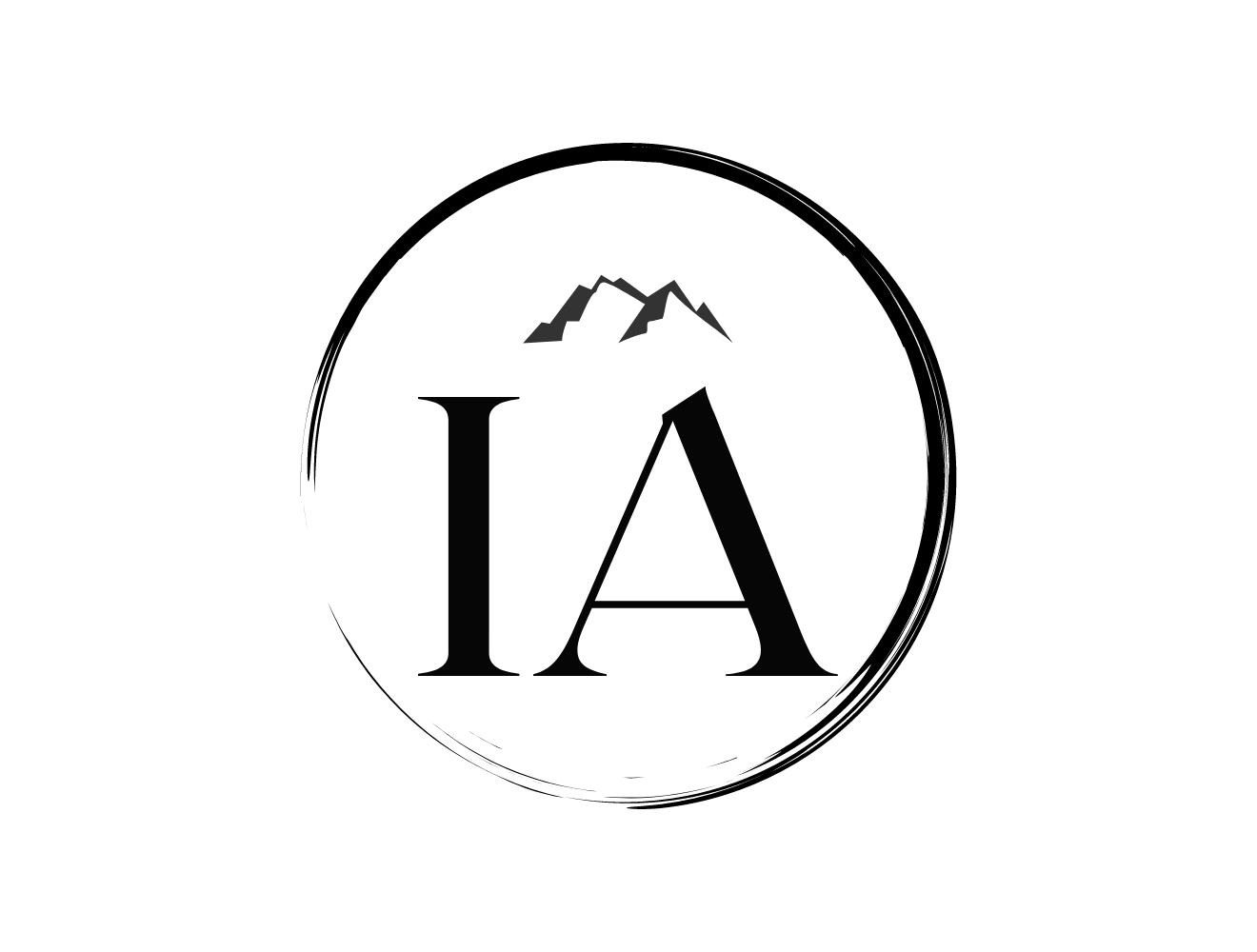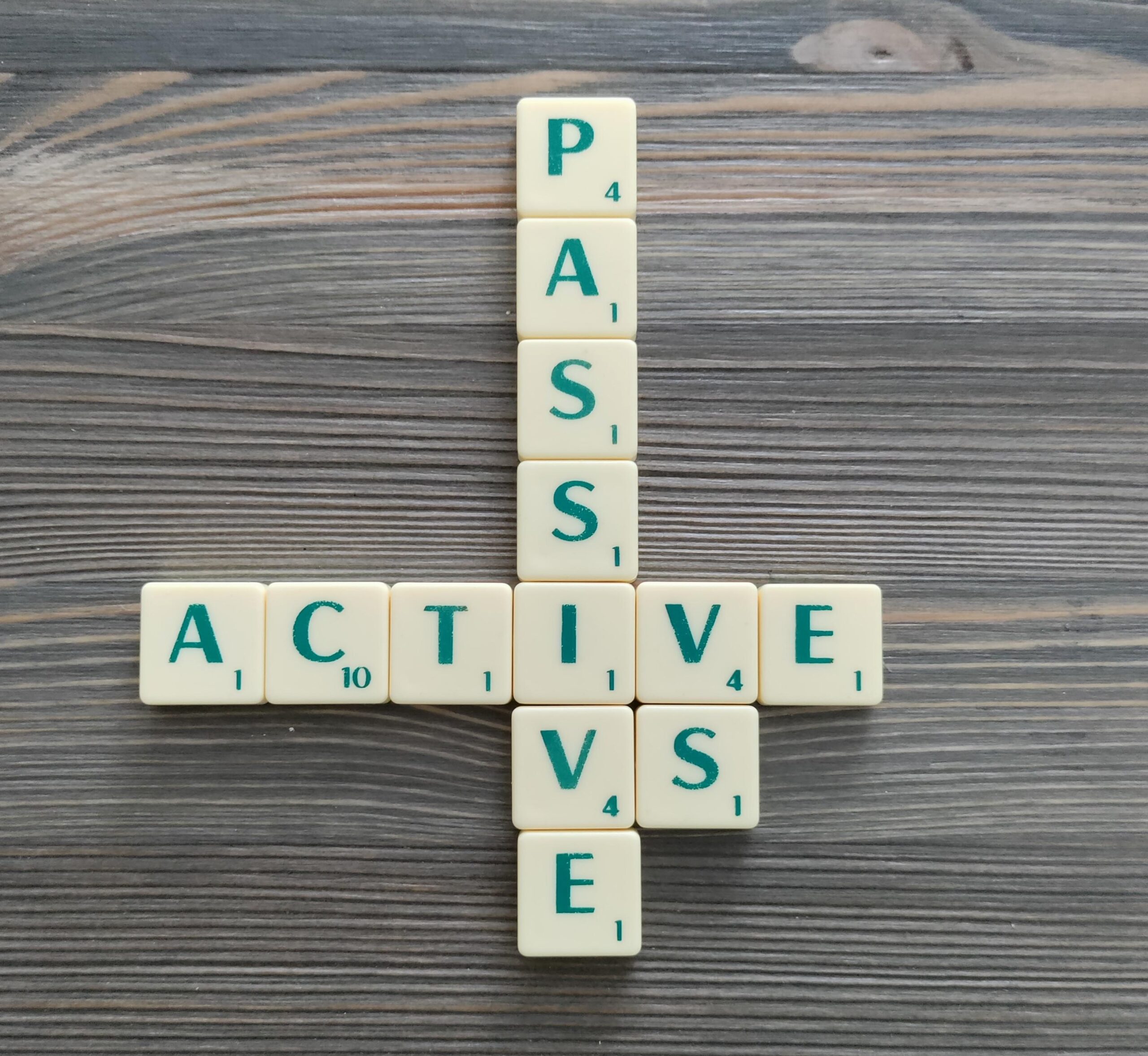If there’s one thing that’s been a trending topic for the past couple of years, it’s how to generate passive income.
No matter where you are, everyone’s talking about passive income streams and how to easily achieve passive income streams through different side hustles.
While hustling and bustling can make you a certain amount of pocket money, it’s not as passive as an income as some might think.
The truth is that people quite often mix these side businesses with real passive income and end up with a day job and an evening job that both generate active income.
So, before we strive for passive income, we need to know what it exactly is.
What is Passive Income
Passive income is a form of income that is not generated by active work. The idea is to obtain capital that generates money without the need to actively put in work.
Usually, generating passive income requires either capital or work that you have initially put in, which continues to generate income after your initial input.
The key idea here is that while it requires some form of capital or active work at first, it doesn’t require it in the long run.
What is Active Income
Active income is the kind of income you get from active and continuous work, such as salary or earnings from your business that you actively participate in.
So, in a way, active income is tied to the amount of work you put in. If you’re paid a certain amount per hour, you get as much money as you put in hours.
Once you stop actively working, your income is zero.
The Main Differences Between Active and Passive Income
In active income, you get what you give. There’s no leverage to your returns. Even if your salary would be astronomical, you only have so many hours in a day to generate it.
Also, you can begin to earn active income just by putting in the work. Passive income requires either investments or a business that runs itself. This is the reason why active income is usually higher in the short term.
In the long term, there’s really no upper limit on how high your passive income can grow. Since the amount of your passive income is not directly tied to your initial input, there’s real potential for extraordinary returns in the long run. Active income, on the other hand, usually has an upper limit, which is the amount of work you can put in.
If you’re not sure whether your income is active or passive income, you can take this little test: If you would stop working, would you still get regular returns from it? If not, it’s not truly passive income.
One of the (many) things that bother me is when people are told to take on several side hustles to generate some passive income. When I look into people running these hustles, it seems to be more active than passive income. If it eventually starts to bring in passive income, that’s cool. If not, it’s just additional active work.
Pros & Cons of Active Income
Pros:
o A stable source of income
o Relatively little risk if you have a permanent job.
o Generates more returns in the short term.
o Can be obtained almost immediately.
Cons:
o Doesn’t offer any leverage – how much you can earn is tied to the work you put in.
o Requires constant effort and takes a lot of time in your day.
o Your income and livelihood depend on someone else.
o Taxes are usually higher than on passive income.
Pros & Cons of Passive Income
Pros:
o Offers a tremendous amount of leverage – your returns aren’t directly tied to your input.
o Doesn’t require constant effort.
o Financial freedom (if you have enough income to live on).
o You’re not dependent on anyone but yourself.
Cons:
o Is hard to achieve – it takes time to generate enough income to support you.
o Can be risky and less stable.
o If you don’t work, there are no employer benefits.
o Possibly a lonely road. Active work offers a social circle, while passive income is a less social way.
How to Create Passive Income Through Investing: The 2 Simplest Ways
Although there are endless ways that an investor can build passive income streams, I’d dare to say that there are two ways that are the most efficient.
One of the most common ways investors get passive income from investing is by owning dividend stocks. These are usually the kind of stocks that have a stable business model and have been paying out an increasing dividend for a long time. There are also numerous dividend ETFs that make dividend investing extremely easy.
Another popular way of earning passive income is through REITS or Real Estate Investment Trusts. A REIT is simply a company that owns different kinds of real estate – usually residential or commercial properties. In other words, a REIT is a company that invests in real estate and operates in a fund-like manner.
What makes REITs so popular is that they are also required by law to pay 90% of their profits out, so if a REIT makes a profit, you’re obligated to receive your share. So, what this means is that you don’t have to worry about dividend policies.
Should You Strive for Passive Income?
The simple answer is:
Yes.
You should build passive income streams in the long term.
What I would stress out, though, is patience and a well-crafted investment plan.
While you can earn a sort of passive income from, for example, savings accounts with interest income, it’s usually not enough to bring food to the table.
That’s why creating a truly sustainable passive income stream requires either some sort of investment or selling a service that keeps generating passive income at a more rapid pace.
The way I see it, active work is the way to passive income. You need to actively work for an upfront investment to generate passive income. The two are not exclusive.
I think the most efficient way of building wealth is to maintain a high level of active income and build a stable long-term passive income stream on the side. If you try to jump straight away to passive income, it’s an extremely difficult thing to do.




